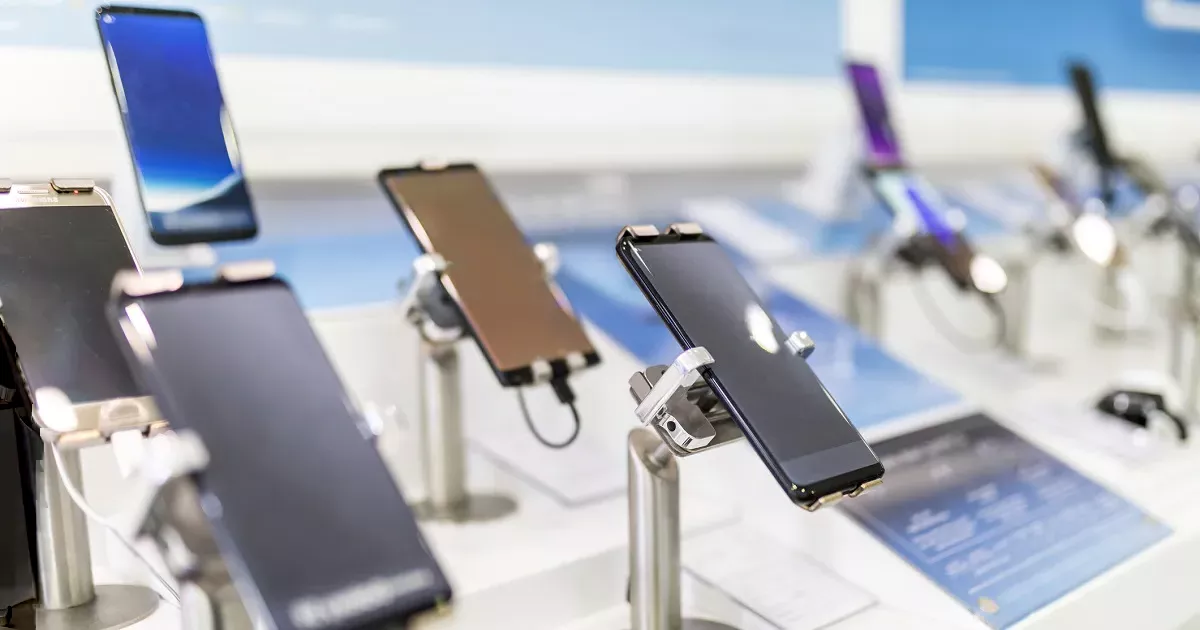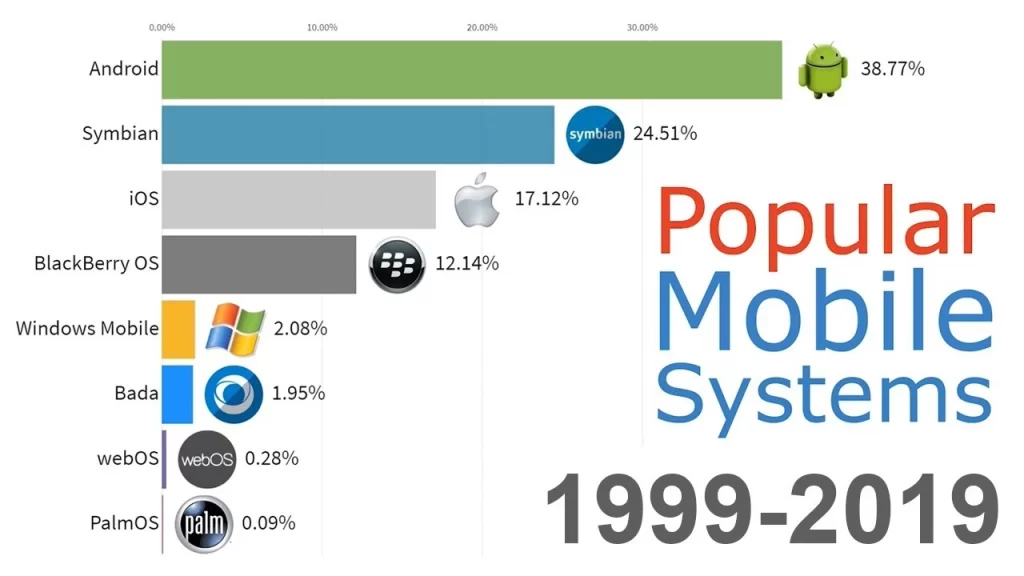
In today’s fast-paced world, a smartphone is not just a device; This is an extension of us. We use it for communication, entertainment, productivity and more. With countless options in the market, buying a new phone can be a daunting task. But fear not, because in this blog post, we are going to guide you through the process of making an informed decision while buying a phone.
Set your preferences:
The first step in buying a phone is to understand your needs and preferences. Are you fond of photography? Do you need a phone for gaming? Do you care about productivity and need a device with a long-lasting battery? Knowing your preferences will help you narrow down your options.
Operating System:
One of the basic options you’ll face is choosing between iOS and Android. Each has its own strengths and weaknesses, so consider which ecosystem you’ve already invested in and which one better aligns with your priorities.

Budget Considerations:
Set your budget. While flagship phones often come with the latest features, mid-range and budget-friendly options can offer excellent value for money. Don’t overspend on features you won’t use.
Research, Research, Research:
Once you’ve identified your priorities and budget, start researching. Read reviews from reputable sources, watch YouTube videos, and ask for recommendations from friends or online communities. Be sure to check out user reviews as well to get a real-world perspective.
Compare Specifications:
Pay attention to key specifications like processor, RAM, storage, camera capabilities, and battery life. These numbers can give you a good idea of the phone’s performance.
Consider Brand Reputation:
Established brands often have a track record of making reliable devices. However, if lesser-known brands offer the features you need at a competitive price, don’t dismiss them. Just do some extra research on their reliability.
Check for software updates:
Regular software updates are important for security and performance. Look for phones that receive timely updates from the manufacturer.
hands-on experience:
If possible, visit a physical store to get a hands-on experience of the phone. Sometimes, a phone may look good on paper but doesn’t feel right in your hand.
Carrier Compatibility:
Make sure the phone you’re interested in is compatible with your carrier. Not all phones work with all carriers, especially if you’re considering switching providers.
Consider future-proofing:
Think about how long you intend to keep your phone. Investing in a device with future-proof features like 5G support and ample storage can help you avoid the need for an upgrade any time soon.
Warranty and Support:
Check the warranty terms and customer support offered by the manufacturer. A good warranty can provide peace of mind in the event of any issues.

